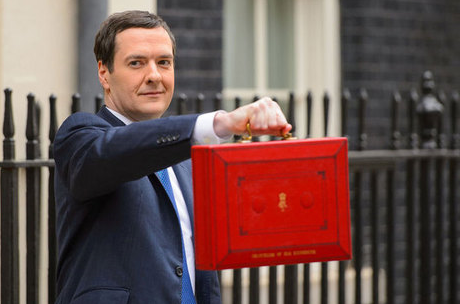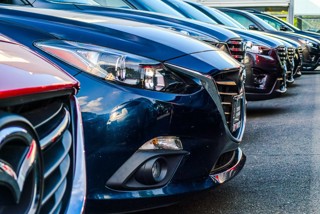Changes will be made to the vehicle excise duty (VED) regime to ensure declining vehicle emissions don’t adversely affect the Government’s tax take.
And the current requirement for a vehicle to have its first MoT test three years from registration could be extended to four years.
More new cars will be subject to vehicle excise duty tax from April 2017 due to falling CO2 emissions, Chancellor George Osborne announced in today's Emergency Budget. Osborne said that if the current VED regime remained in place, by 2017 three-quarters of new cars will pay no road tax in their first year.
He said this was not "sustainable" and was not "fair" to people who were unable to afford new, low CO2 emitting cars.
The new VED regime will still be based on CO2 emissions but would be split into three bands - zero emission (£0), standard (where 95% of new vehicles would sit and would cost £140 a year), and premium (£TBC).
Osborne also announced the creation of a new roads fund into which VED revenue would go, and this would be used purely for road investment.
"Every pound raised from VED from the end of the decade will go into the fund to pay for the sustained investment roads so desperately need," he added.




















Greengrass59 - 10/07/2015 09:50
Move the MOT out to four years! Don't they realise the impact this could have on road safety?